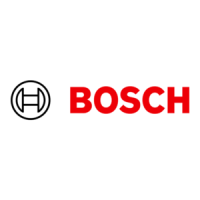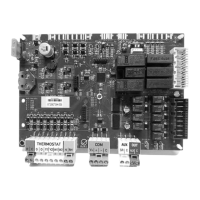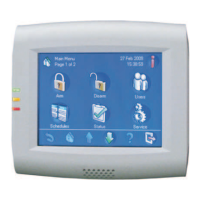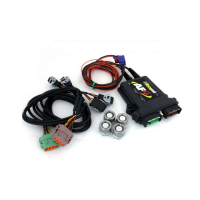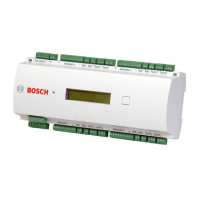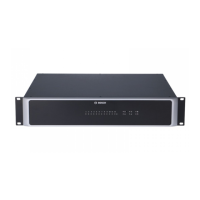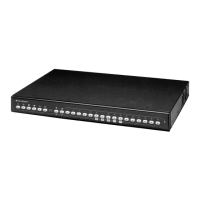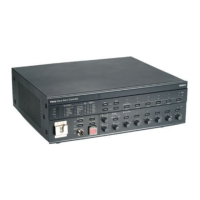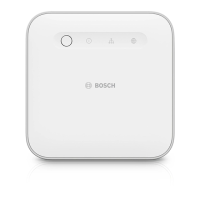© All rights with Robert Bosch GmbH, also for the case of protected rights applications
EN_User_documentation_Instructions_for_controlling_the_Logamatic_5000_controller_series_via_Modbus_TCP_I
P_20210203.docx | 10.02.2021
If you have connected additional function modules (e.g. for a heating circuit) or sub-
stations to the control, you can activate the heat request for these function modules
via the "Internal heat request" parameter.
If you want to generate a heat request via Modbus, you must activate the parameter
"Heat request via Modbus". Depending on which heat requests you have activated,
the behavior of the control is influenced as follows:
2.6.3.1 Exclusive mode of heat demand
In the exclusive mode of the heat request, any heat requests from internal function
modules are ignored. This gives you full control from the BMS of any heat demand
generated by the controller. In this mode you can use a heat request via a tempera-
ture controlled as well as a power controlled heat request.
2.6.3.2 Parallel mode of the heat request
In the parallel mode of the heat request, both heat requests from internal function
modules and heat requests via Modbus are taken into account. A heat request via
Modbus, which comes from the BMS, can only add a heat request. Existing heat re-
quests from other modules are not influenced by this. The setpoint is always the
highest heat demand. You cannot use a power-controlled heat request in this mode.
2.7 Control via Modbus TCP/IP in the network
With the controllers of the Logamatic 5000/Control 8000 controller series, it is possi-
ble to operate other controllers or components from the Buderus modular system
Logaflow HSM plus in a network. This creates a hierarchical structure in which there
can be one head station (master) and several substations (slaves). Additionally it is
possible with Logaflow HSM plus to create so called segment substations. A seg-
ment substation is a substation that can itself include further substations in the net-
work.
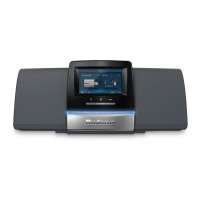
